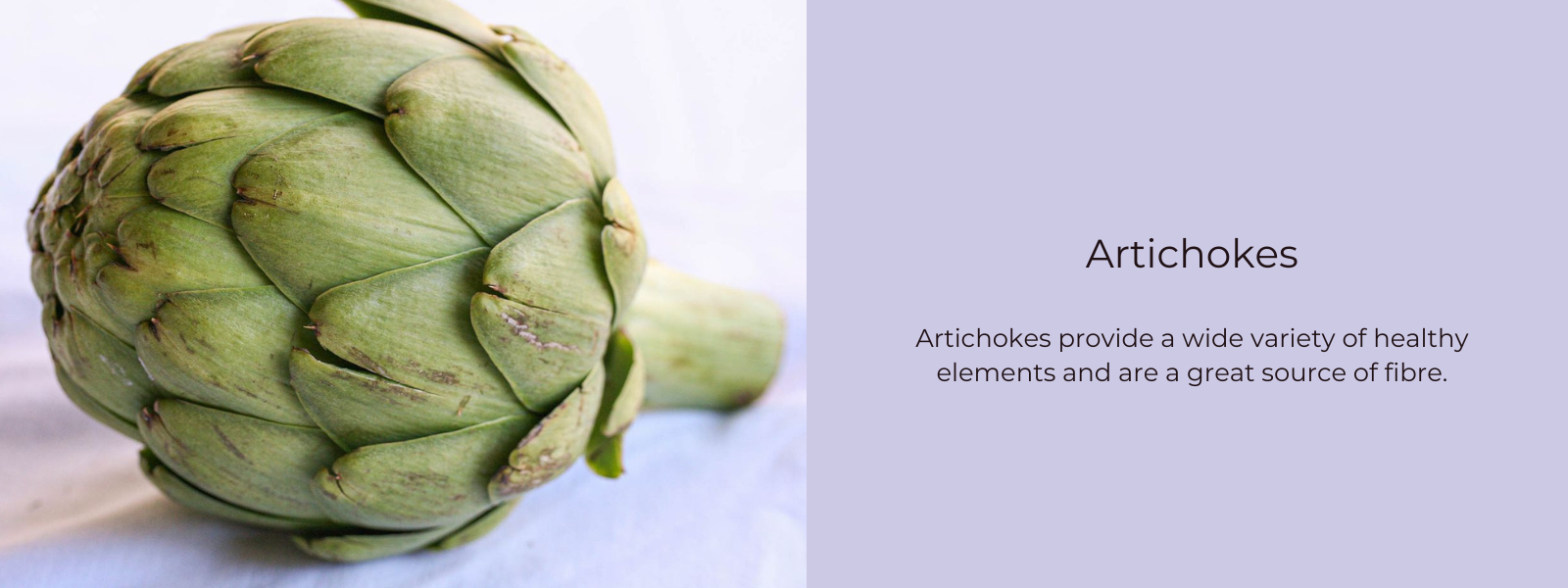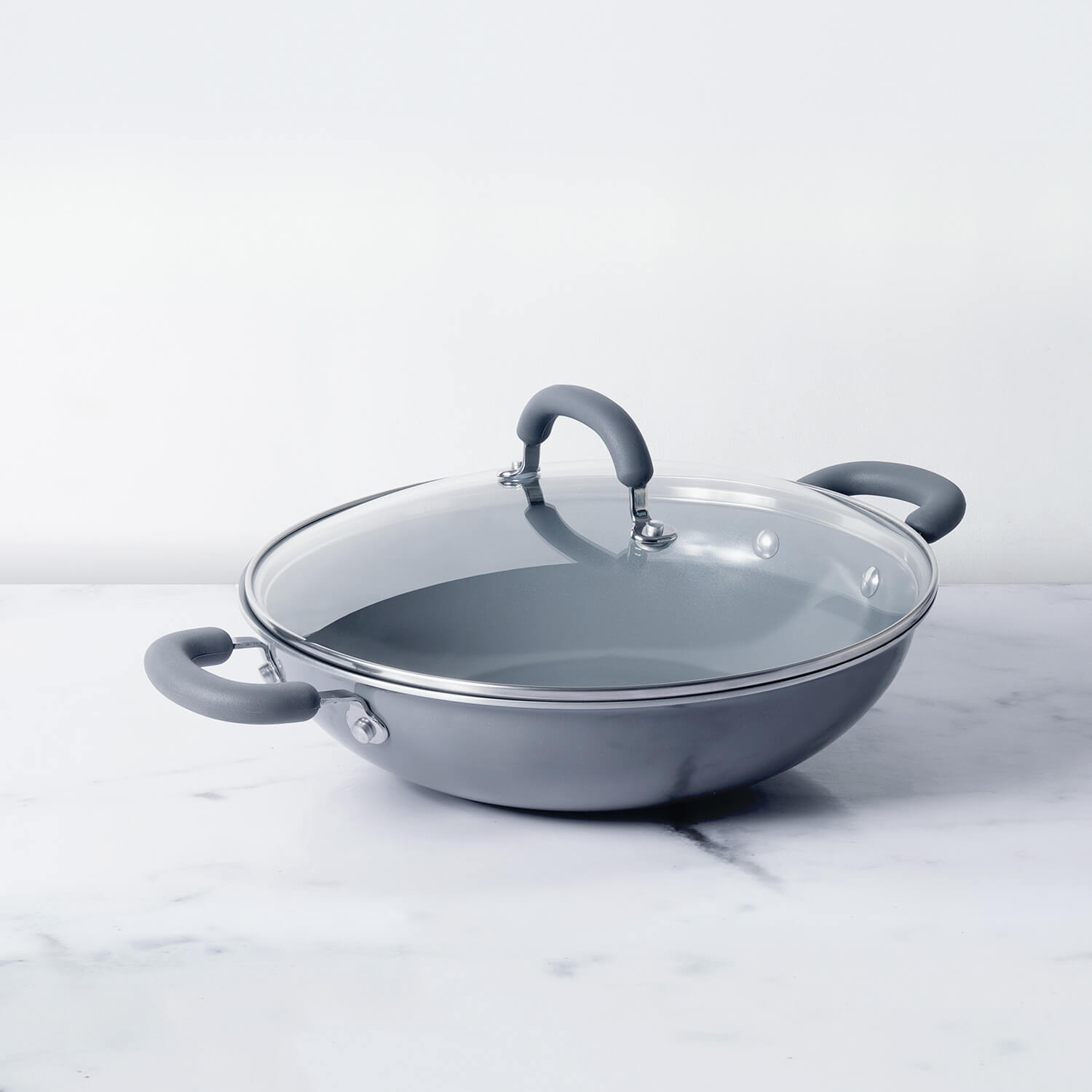Whole wheat pasta is often thought to be a better choice compared to white pasta because it has nutrients like protein, fibre, magnesium, iron, and zinc. White pasta, in contrast, has lost a lot of these nutrients because of how it is made.
Since whole wheat pasta is digested much faster than complex carbs, refined grains like white pasta are more likely to raise your blood sugar and insulin levels. They also don't fill you up as much as complex carbs, mostly because they don't have as much fibre, so you're more likely to eat more calories to feel full.
Table of Contents
What is the difference between whole wheat pasta and regular pasta?
Whole-wheat pasta is different from white pasta because the whole grain is ground up and used. With white pasta, the wheat grain's husks are taken off. There are a lot of fibre, vitamins, and minerals in the outer layer. Whole wheat pasta is better for you than white pasta because it has more nutrients.
Which is the healthiest pasta?
Whole-grain pasta is a better choice than white, refined pasta because it has less calories and more vitamins and minerals. Every cup of cooked pasta (140 grammes) made from whole grains has 3 g of fibre and 8 g of protein per meal.
Why should you switch to whole wheat pasta?
Pasta that is either "enriched" or "refined" is made from ground grains that have had their outer layers taken off. This takes away important nutrients as well. Some of these are fibre, vitamin E, vitamin B, and important fatty acids.
Whole grain pasta along with other wheat goods are better for your health as a whole. It helps in the ways below:
- Helps your stomach feel better.
- Reduces your risk of heart disease, obesity, and other health problems.
- Gives your body the vitamins it needs to work properly.
Whole green Vs other pastas:
What occurs to the grain when it is being processed determines the grain's final form.
Complete, improved, or augmented? The germ, bran, and endosperm are all used to make flour from whole grains. The germ and bran have been ground out of refined grains. This improves their uniformity and keeps them fresh for a longer period of time. Many of the grains' nutrients are also lost during the milling process.
Nutrients are reintroduced into enriched grains at a later stage of processing. Some nutrients are not replaced. Some grains may even have a higher concentration of nutrients than is necessary. However, this is not to say that whole grains are without flaws.
Nutrient content varies among grain kinds; this includes whole grains. Half of your daily grain intake should come from whole grains. Whole grains are the better option when in doubt.
Nutrient value of whole wheat pasta:
You can make positive improvements to your health without completely changing your diet if pasta is one of your favourite foods. The following advantages are possible as a result of replacing enriched flour pasta with whole wheat pasta.
Dietary supplements, including vitamins and minerals. Carbohydrates, minerals and vitamins can be found in plenty in any type of grain. Nutritionally, whole grains give you:
Protein
Antioxidants
Copper
Vitamin B
Folic acid (folate)
Iron
Zinc
Magnesium
Selenium
Health benefits of whole wheat pasta:
Keeps heart healthy
The heart health benefits of whole wheat are numerous. Numerous studies have revealed that those who consume a diet high in whole grains have a 20-30% decreased chance of developing cardiovascular disease.
Including whole grains in your diet regularly can significantly decrease your:
- Cholesterol in its entirety
- The "bad" cholesterol is called low-density lipoprotein (LDL).
- Triglycerides, often known as blood fat, Insulin levels, and overall health
- The avoidance of diabetes. Improved glucose regulation is one of the many benefits of eating whole grains. The risk of acquiring type 2 diabetes is reduced by about 30 percent when a diet rich in whole grains is followed.
The essential components of the grain are still present in whole grains. That makes them hard to ingest. This causes digestion to go more slowly, hence avoiding glucose surges.
Better digestive health
Most people think of whole grains when they hear the word "fibre." Whole grains are beneficial because they include fibre, which is missing from refined and fortified grains.
- Constipation control
- Constipation relief
- Diarrhoea reduction
- The reduction of inflammation
- Preventing issues requires a well-functioning digestive system and regular bowel motions. The small intestine suffers less stress when you regularly practise good bowel hygiene. Conditions like diverticular disease can be avoided as a result.
Helps in weight management
The fibre in whole grains aids in weight management by making you feel full for shorter periods of time. Because of this,
- Calorie restriction
- More sustained satiety
- Reduced Insulin Requirement
- Whole grain pasta isn't the magic bullet for losing weight, though. Consuming less fat and cholesterol alongside whole grains is essential. Your diet as a whole contributes to your health.
Prevention of cancer
Although studies have shown mixed results, whole grains may be effective in reducing your risk of developing some types of cancer. Researchers have shown that those who consume a diet rich in whole grains have a 21% lower risk of developing colorectal cancer.
Consuming a lot of whole grains has also been shown to reduce the risk of developing cancer of the digestive tract. This is likely due to the fact that the nutritional diversity of whole grains provides multiple safeguards against cancer, such as:
Limit free radical formation
Change hormone levels, which may protect against malignancies caused by hormones.
Whole grains have components that may bind to carcinogens.










Leave a comment